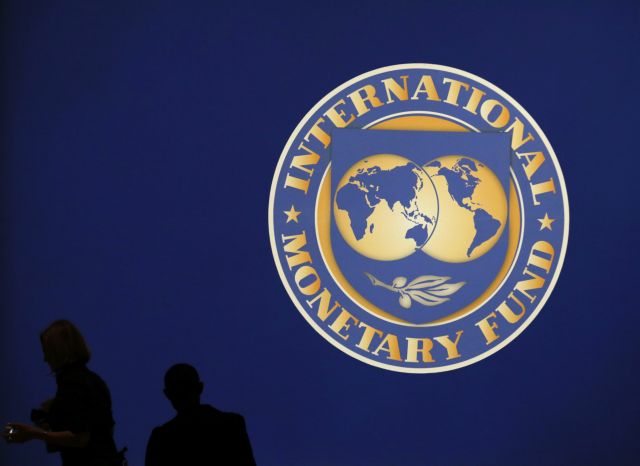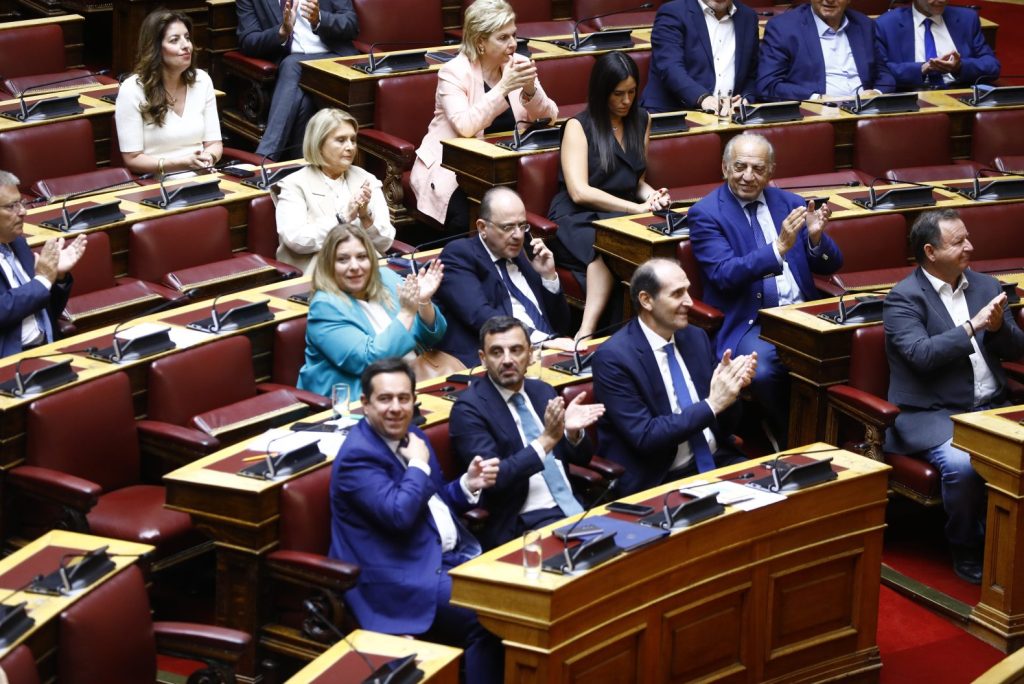With Greece seemingly unable to make the next loan payment towards the International Monetary Fund at the end of the month, a discussion as to whether it is possible to merge payments has kicked off.
Mega Channel’s correspondent in Washington DC Michalis Ignatiou reported that the Greek government has requested to merge payments worth 1.55 billion euros. The government spokesperson Gabriel Sakellaridis disputed this on Monday and claimed that no such planning or provisions have been made.
At present this 1.55 billion euros must be paid in four installments in June: 302 million on the 5th of June, 340 million euros on the 12th of June, 567.8 million euros on the 16th of June and a further 340.7 million euros on the 19th of June.
Although diplomatic circles suggest that it is “legally feasible” to merge payments, as it is provided in the Fund’s regulations, they warn that this only occurred in the 1970s in order to facilitate developing countries at the time on a practical level, as they were facing technical and procedural problems with foreign exchange and the payment systems.
This is clearly no the case for Greece, which faces a serious liquidity problem and not a technical or bureaucratic problem that will block the transfer of funds to the IMF. Other sources note that an IMF member state that has been financed by the Fund may request that the multiple payments in month be merged into one, although this has also rarely occurred in the past.
So while there are legal precedents, they do not appear to benefit Greece in particular. Furthermore, even if these were viable options, they would require a political decision from IMF general director Christine Lagarde.




